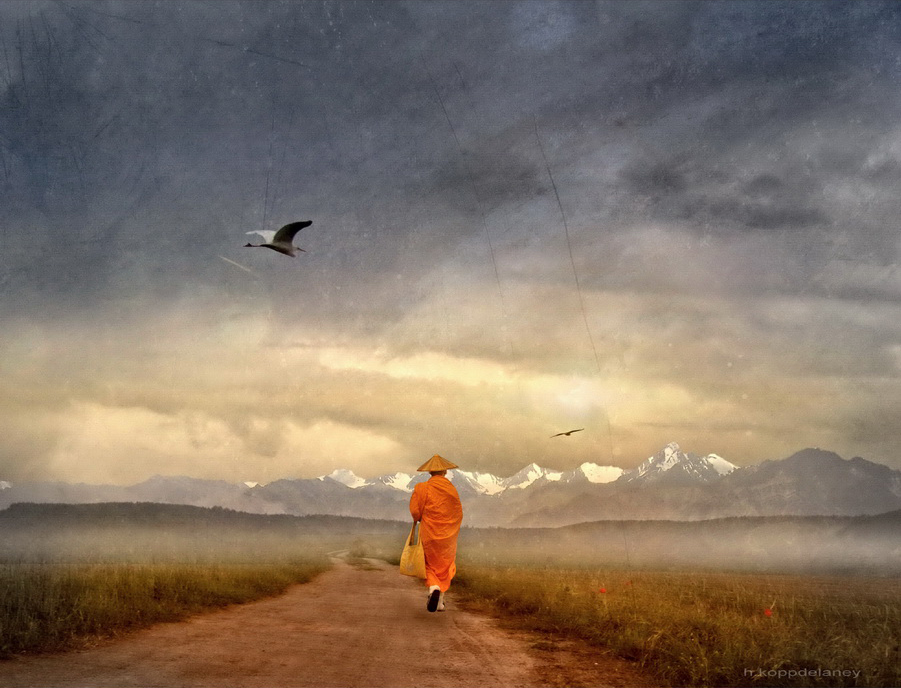Questions Along the Path
Further Reflections on the Practice of Meditation with Joseph Goldstein

(Photo via Lorenzoclick)
Joseph Goldstein has been leading meditation retreats worldwide since 1974. He is a cofounder of the Insight Meditation Society, the Barre Center for Buddhist Studies, and the Forest Refuge. Since 1967, he has practiced different forms of Buddhist meditation under eminent teachers from India, Burma, and Tibet. His books include The Experience of Insight, A Heart Full of Peace, One Dharma, and Mindfulness: A Practical Guide to Awakening.
In this episode of the Waking Up podcast, Sam and Joseph discuss the practice of meditation and answer questions that came from listeners in response to their first conversation, The Path and the Goal.
For those interested in practicing mindfulness, Joseph and Dan Harris have developed a short meditation course as an app, 10% Happier: Meditation for Skeptics. You can begin the course for free, and if you choose to purchase the full course, you will receive a 20 percent discount by using the code: WAKINGUP (all caps required).


















